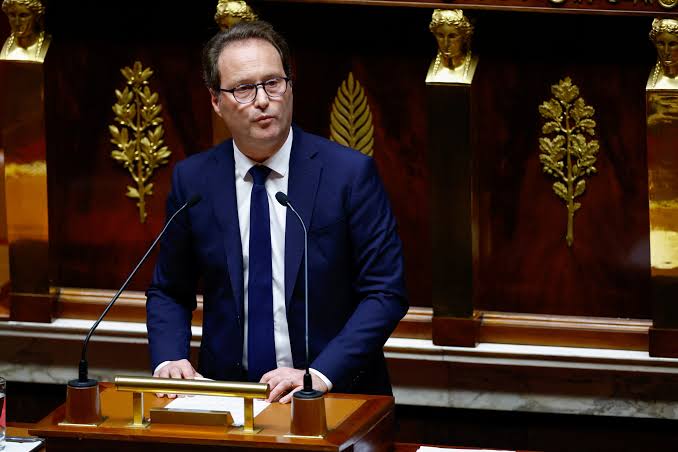
On Tuesday, French lawmakers enacted a comprehensive counter-narcotics legislation aimed at providing the government with enhanced measures to combat a significant increase in drug-related crime, which has surged due to an unprecedented influx of South American cocaine into Europe. This legislation will establish a national organized crime prosecutor’s office, segregate high-profile criminals in prisons to prevent them from managing their operations from incarceration, and enable the closure of businesses involved in money laundering related to drug trafficking.
The law will also broaden the use of cooperating witnesses—criminals who provide information about their networks in exchange for reduced sentences or other advantages—while allowing for the confiscation of assets unless their owners can prove their legitimate origins.
Originating from a 2024 Senate report that cautioned about France nearing a ‘tipping point’ due to escalating drug violence, the bill faced some controversy, particularly with the removal of a provision that would have granted police automatic access to encrypted messaging platforms like WhatsApp and Signal during discussions.
HCentrist lawmaker Sylvain Maillard emphasized to Reuters the necessity for stricter laws to address a challenge impacting countries across Europe. ‘Nations such as the Netherlands and Belgium are under siege,’ Maillard stated. ‘All countries with significant ports are especially vulnerable, including France. We must address this growing menace by modernizing our legal framework.’ This new legislation emerges amidst increasing recognition of France’s battle with organized crime, highlighted by a series of attacks on prisons, which the government attributes to its efforts to make correctional facilities less accommodating for drug lords, underscoring the threat posed by the narcotics trade.
On Monday, at least 25 individuals suspected of involvement in these prison attacks were apprehended on terrorism charges. The years of record cocaine imports into Europe have reshaped local drug markets, leading to a surge in violence. Despite historic cocaine seizures in France, criminal gangs continue to profit significantly as they expand beyond traditional boundaries.



